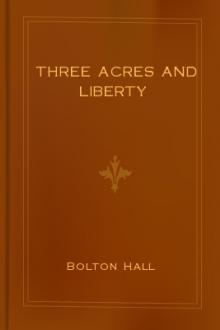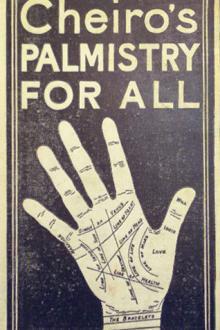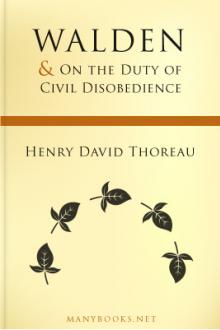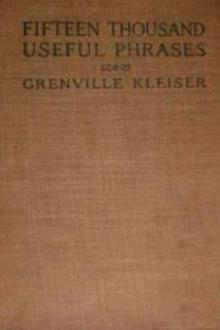Three Acres and Liberty
Book Excerpt
The more so because there is absolutely no limit to the advances in methods and results in doing things, and in growing things, all born of intelligent toil. Your suggestions may help the world to better and bigger things. If you will listen at the 'phone you may sometime hear a conversation like this:
"Hello, this is Mrs. Wise, send me two strawberries, please." "You'd better take three, Madam, I've none larger than peaches to-day." "All right; good-bye."
You may sometime see that kind of strawberry in New Jersey at Kevitt's Athenia, or Henry Joralamon's, or in the berry known by various names, such as Giant and different Joe's. But lots of people have failed in their war garden work even on common things; lots more ought to have failed but haven't--yet. Years ago, we, the book and its helpers, started the forward-to-the-land movement which has resulted in probably two million extra garden patches this war year. I have
Editor's choice
(view all)Popular books in Instructional, Nature, Non-fiction
Readers reviews
Greg B.
- Upvote (0)
- Downvote (0)

 Free Download
Free Download




















